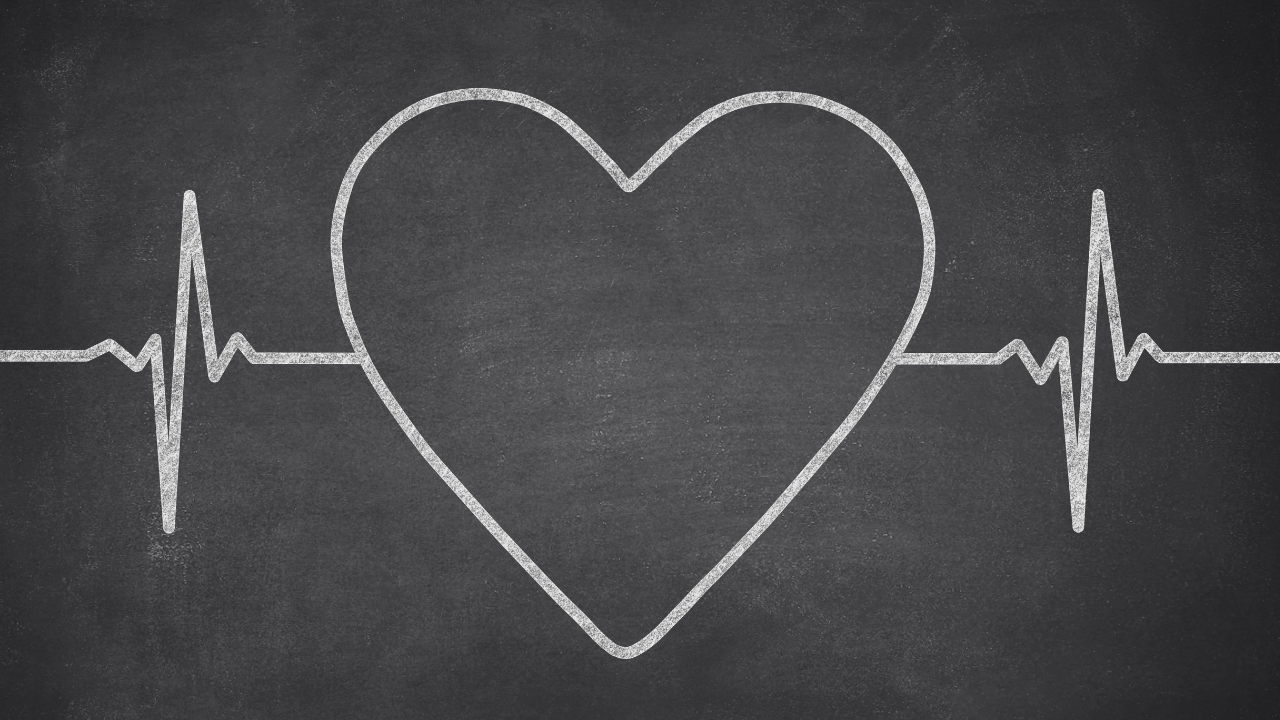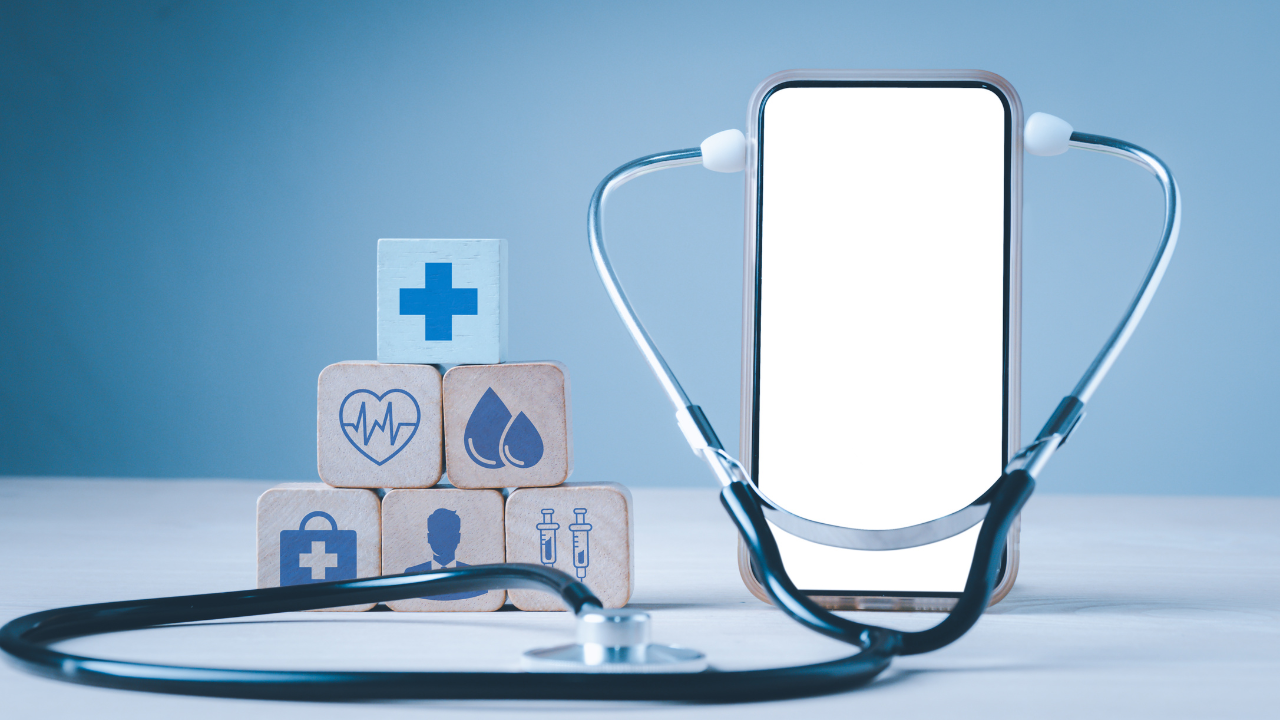The iCare Blog
Heart Rate or Pulse, Which is it?
Sep 18, 2023
Data are a currency for your health.
Jul 02, 2022
You do understand technology more than you think...
Jun 11, 2022





